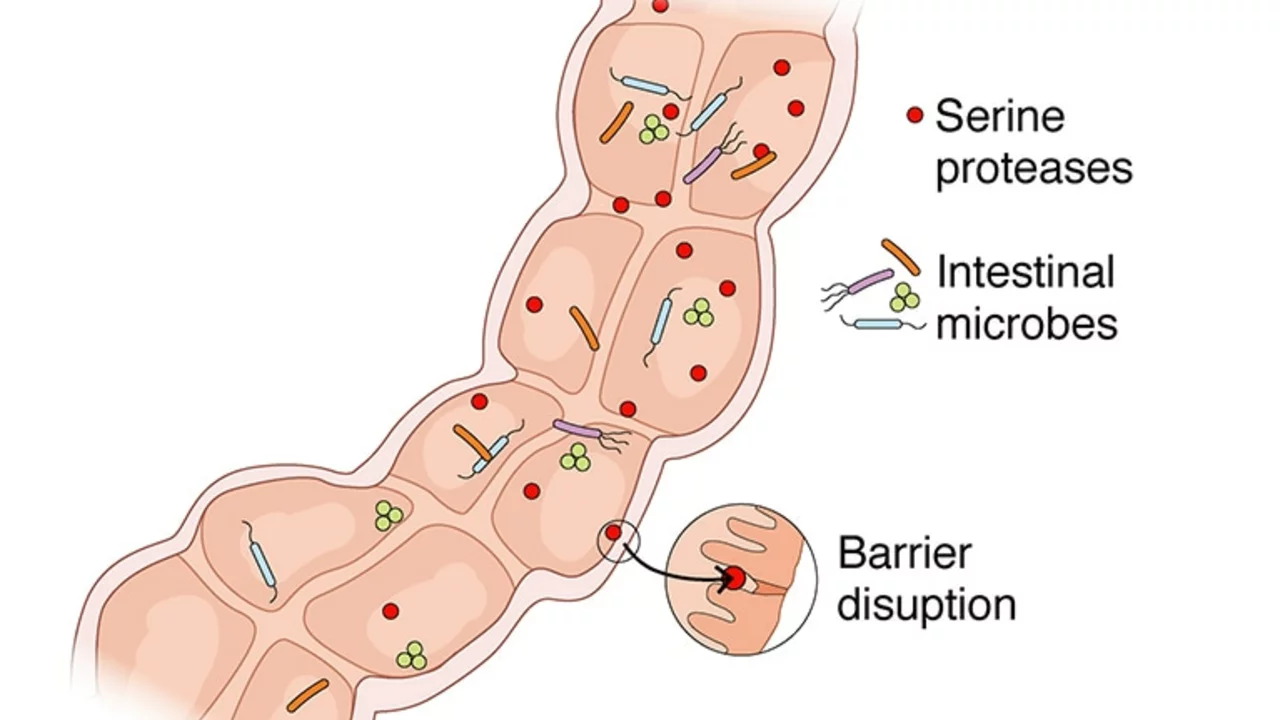Irritable Bowel Syndrome: What It Is and How to Feel Better
If your stomach feels like a roller‑coaster most days, you might be dealing with irritable bowel syndrome (IBS). It’s not a disease that shows up on lab tests; it’s a collection of gut problems that show up as cramping, bloating, diarrhea or constipation. The good news is you can spot the pattern early and take steps to calm your gut.
What Triggers IBS?
Everyone’s gut reacts differently, but a few things pop up over and over. Stress is a big one – when you’re anxious, your brain sends signals that can speed up or slow down digestion. Certain foods also tend to irritate the intestine. Common culprits include fried foods, dairy, beans, carbonated drinks and anything high in FODMAPs (those are short carbs that ferment in the gut).
Other triggers are less obvious: lack of sleep, hormone changes (especially for women), and even antibiotics that mess with good bacteria. Keeping a food‑and‑symptom journal helps you see what makes your belly flare up.
Everyday Ways to Calm Your Gut
First, try small, regular meals instead of big, heavy ones. Eating slowly and chewing well gives your stomach a head start on digestion. Adding more fiber can help, but do it gradually – sudden spikes may worsen gas.
Hydration matters too. Drinking enough water keeps stool soft and eases constipation. If you notice coffee or alcohol makes symptoms worse, cut back or switch to tea.
Stress‑management is a game changer. Simple practices like deep breathing, short walks, or a 5‑minute meditation can lower the gut’s reaction to stress. Some people find relief with probiotic supplements that restore friendly bacteria; look for strains like Bifidobacterium and Lactobacillus.
If over‑the‑counter options are needed, fiber pills (psyllium) or anti‑diarrheal meds (loperamide) can be useful. For chronic pain, a doctor may suggest low‑dose antidepressants that also calm gut nerves – but always talk to a professional first.
Lastly, don’t ignore the link between IBS and overall health. Regular exercise moves food through your system and reduces stress hormones. Aim for at least 30 minutes of light activity most days.
Living with irritable bowel syndrome takes some trial and error, but by watching what you eat, managing stress, and staying active, you can keep symptoms in check and enjoy daily life more comfortably.
The Connection Between Estradiol and Irritable Bowel Syndrome (IBS)
In my recent exploration of health issues, I've stumbled upon a fascinating connection between Estradiol, a type of estrogen, and Irritable Bowel Syndrome (IBS). Estradiol, one of the primary female sex hormones, plays a significant role in the regulation of the gastrointestinal tract. Recent studies suggest that fluctuations in Estradiol levels could trigger IBS symptoms, particularly in women. The symptoms can include abdominal pain, bloating, constipation or diarrhea. This connection is an important reminder of the intricate ways our bodies work and how hormonal imbalances can impact our overall health.
read more

